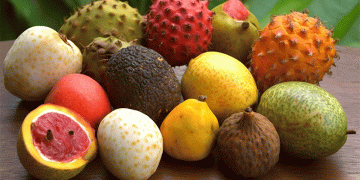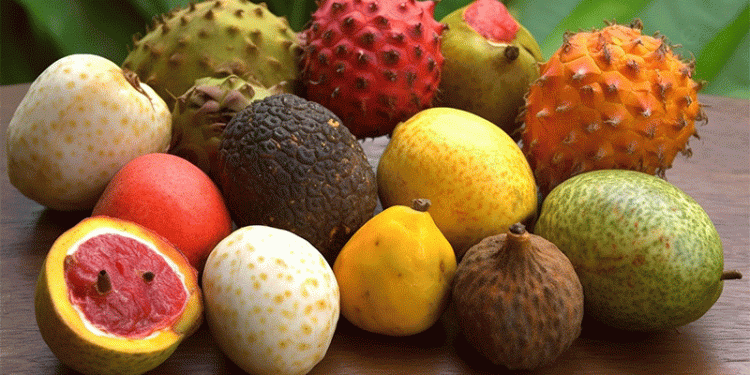Spain has officially become the EU’s top producer and third-largest supplier of tropical fruits, according to a joint report by the Cajamar Group Foundation and Asoproa. The country’s exports of avocados, mangoes, loquats, and cherimoyas have driven 75% volume growth and 174% value surge between 2014-2024. European demand has grown even faster, with imports doubling in volume (+107%) and tripling in value (+240%) this decade.
Current Market Dominance: Avocados Lead the Charge
Spain’s tropical fruit sector is built on strong foundations:
- 24,221 hectares of avocado orchards (EU’s largest producer)
- 6,044 hectares of mango cultivation
- Significant plantings of cherimoya (2,547 ha) and loquat (1,959 ha)
This production base makes Spain #1 in EU production and #3 in EU supply chains, trailing only the Netherlands (distribution hub) and Peru (imports) in total market presence.
The Next Frontier: Exotic Fruit Expansion
Industry leaders are now eyeing six promising crops to maintain Spain’s competitive edge:
- Pitaya (dragon fruit) – High-value, drought-resistant
- Papaya – Growing health food demand
- Passionfruit – Premium pricing in beverages
- Lychee – Niche luxury market
- Kumquat – Gourmet citrus alternative
- Citrus caviar (finger lime) – Chef favorite
Andalusia and Valencia have been identified as prime expansion zones, benefiting from:
- Microclimates mimicking tropical conditions
- Existing irrigation infrastructure
- Proximity to EU markets (3-day delivery advantage over overseas competitors)
Challenges and Opportunities
While the outlook is bright, growers face hurdles:
✔ Opportunity: EU consumers pay premium prices for exotic superfoods
✔ Opportunity: Spain’s logistics advantage over non-EU suppliers
✖ Challenge: Water management in drought-prone regions
✖ Challenge: Pest control for non-native species
Spain’s Tropical Agriculture Revolution
Spain’s tropical fruit sector shows no signs of slowing down. By:
- Expanding high-value exotic crops
- Leveraging climate-smart agriculture
- Capitalizing on shorter supply chains
The country is poised to dominate Europe’s tropical fruit market for decades. For farmers, this represents both a lucrative opportunity and a call to innovate cultivation techniques for these non-traditional crops.































